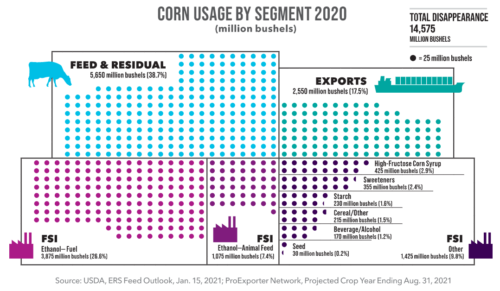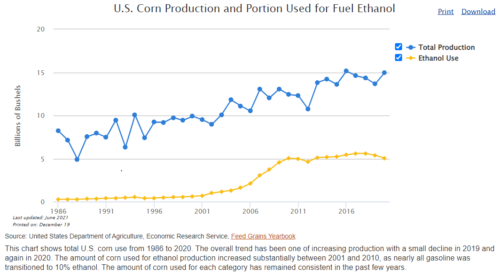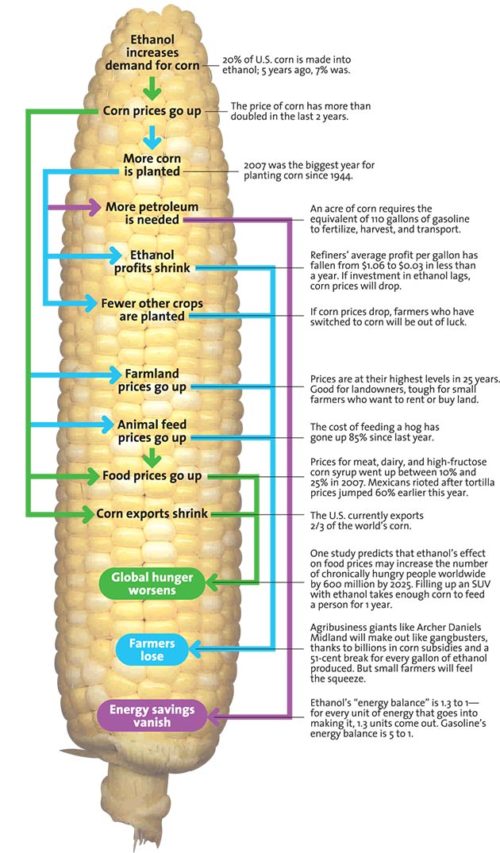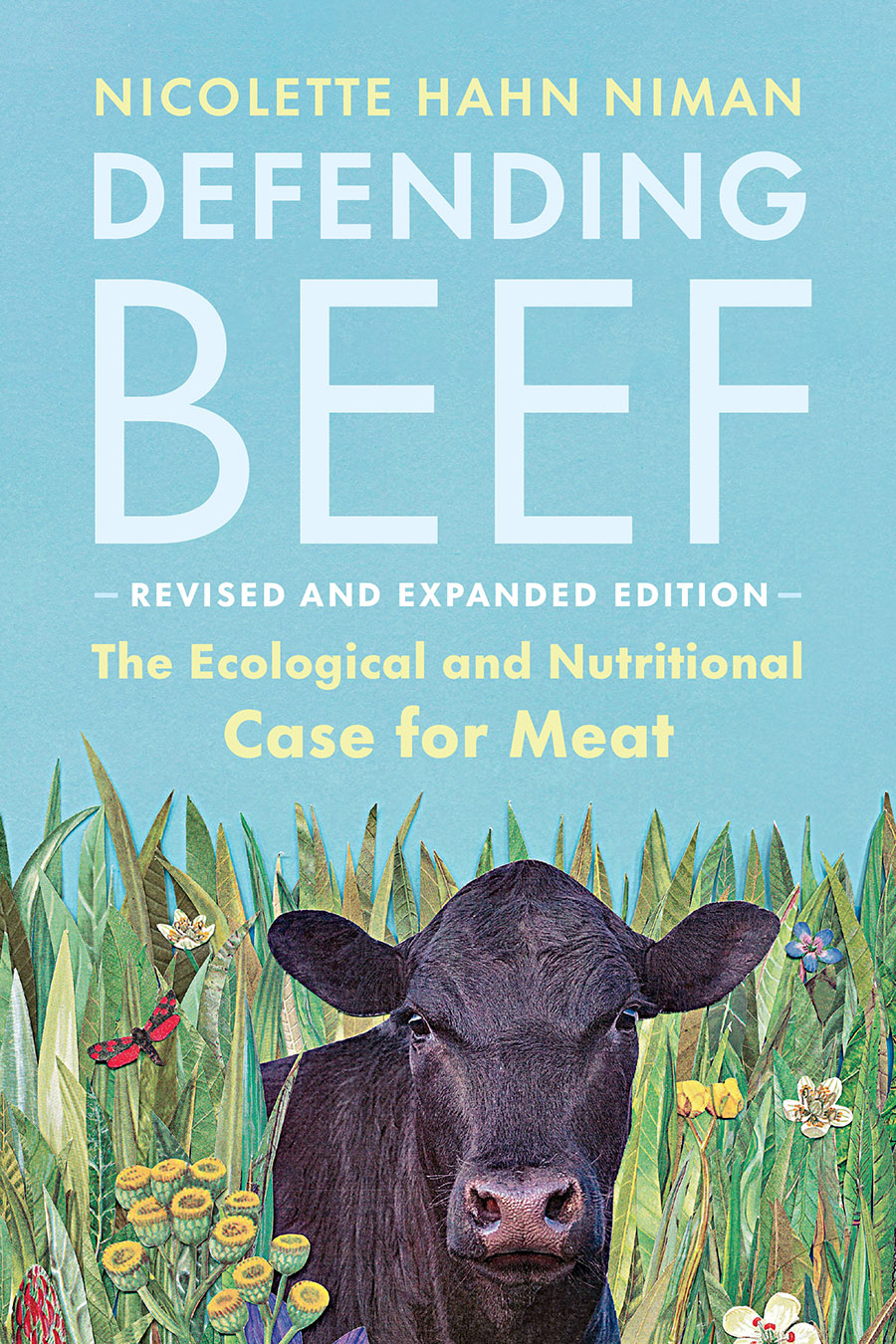Industry funded opinion of the week: animal protein
This is another example of my seeing the title of a paper and wondering right away who paid for it. The paper is displayed as a research article, but reads more like an analytical opinion piece.
The paper: Nutritionism in a food policy context: the case of ‘animal protein’. Frédéric Leroy, Ty Beal, Pablo Gregorini, Graham A. McAuliffe, and Stephan van Vliet. Animal Production Science – Published online: 21 February 2022
The rationale: Reductionist approaches to food focus on isolated nutritional criteria, ignoring the broader physiological and societal benefits and trade-offs involved…Among our present-day array of issues is the disproportionate stigmatisation of animal-source foods as harmful for human and planetary health.
The problem: “…animal-source foods (reduced to the notion of ‘animal protein’) are represented as an intrinsically harmful food category that needs to be minimised, thereby falsely assuming that ‘proteins’ are nutritionally interchangeable.
The solution: “…we suggest referring to said foods as ‘protein-rich foods’, while acknowledging the expanded pool of non-protein nutrients that they provide and their unique capabilities to support a much broader range of bodily functions. Several essential or otherwise beneficial nutrients are generally more bioavailable in animal-source foods than in plant-source foods.
The overall solution: “A more appropriate way forward would consist of combining and integrating the best of animal and plant solutions to reconnect with wholesome and nourishing diets that are rooted in undervalued benefits such as conviviality and shared traditions, thus steering away from a nutrient-centric dogma.”
Funding: FL acknowledges financial support of the Research Council of the Vrije Universiteit Brussel, including the SRP7 and IOF3017 projects, and in particular the Interdisciplinary Research Program ‘Tradition and naturalness of animal products within a societal context of change’ (IRP11). GM is funded by Soil to Nutrition (S2N), Rothamsted Research’s Institute Strategic Programme supported by UK Research and Innovation (UKRI) and Biotechnology and Biological Sciences Research Council (BBSRC) (BBS/E/C/000I0320). SvV grant support by SvV reports grant support from USDA-NIFA-SARE (2020-38640-31521; 2021-67034-35118), the North Dakota beef commission, the Turner Institute of Ecoagriculture, the Dixon Foundation, and the Greenacres Foundation for projects that link agricultural production systems (including livestock and crops) to the nutritional/metabolite composition of foods and human health. PG and FL acknowledge financial support of the project ‘Grazing for environmental and human health’ funded by the New Zealand Royal Society’s Catalyst Seeding Fund.
Conflicts of interest: FL is a non-remunerated board member of various academic non-profit organisations including the Belgian Association for Meat Science and Technology (President), the Belgian Society for Food Microbiology (Secretary), and the Belgian Nutrition Society. On a non-remunerated basis, he also has a seat in the scientific committee of the Institute Danone Belgium, the Scientific Board of the World Farmers’ Organization, and the Advisory Commission for the ‘Protection of Geographical Denominations and Guaranteed Traditional Specialties for Agricultural Products and Foods’ of the Ministry of the Brussels Capital Region. PG is an Associate Editor of Animal Production Science but was blinded from the peer-review process for this paper. SvV reports financial renumeration for academic talks, but does not accept honoraria, consulting fees, or other personal income from food industry groups/companies. All authors consume omnivorous diets.
Comment: I too am an omnivore, do not disagree with much of it, and could have written a lot of this myself, particularly the concerns about nutritionism (the use of nutrients to stand for the foods that contain them) and the concluding sentence in the Abstract: “Humans do not consume isolated nutrients, they consume foods, and they do so as part of culturally complex dietary patterns that, despite their complexity, need to be carefully considered in food policy making.”
But the purpose of this piece is to defend meat as a nutritious source of protein.
Why feel the need to take this on?
That’s what made me wonder who paid for it and whether authors had ties to the meat industry, which of course they do.
Reference: For research on why and how industry sponsorship can influence opinions and study outcomes, see Unsavory Truth: How Food Companies Skew the Science of What We Eat.

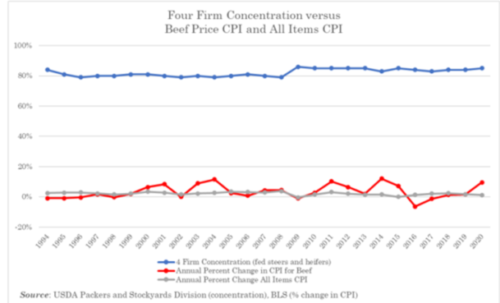 And, it says,
And, it says,